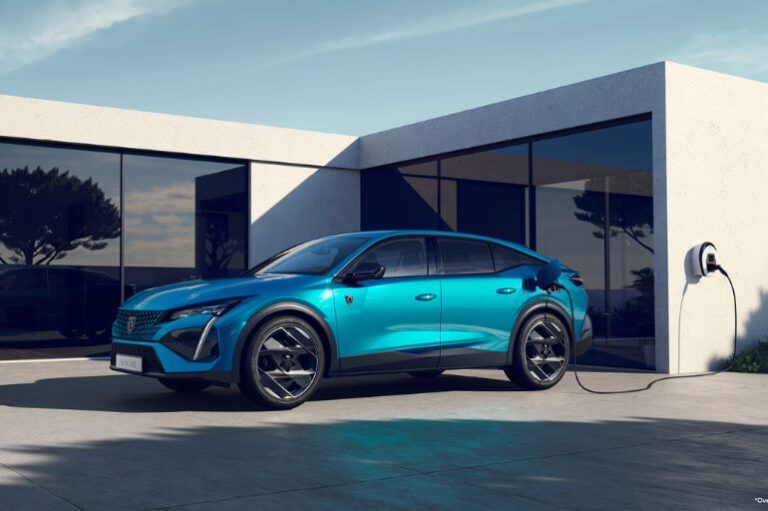In a recent speech in the Australian Federal Parliament, Independent Senator David Van from Victoria advocated for the extension of the Fringe Benefits Tax (FBT) exemption on plug-in hybrid vehicles (PHEVs). He emphasised that this extension is vital to support fleet operators in their efforts to reduce CO2 emissions and to provide a supply of safe, low-emission second-hand vehicles in the future.
Senator Van highlighted the initial intent behind the government’s FBT exemption, which was to increase the adoption of low-emission vehicles, including electric vehicles (EVs), hydrogen fuel cell cars, and plug-in hybrids. However, he pointed out that the government, under pressure from the Greens, had agreed to end the FBT exemption for plug-in hybrids in April 2025. He expressed concern that “range anxiety, high costs and inadequate infrastructure have hindered EV adoption, making plug-in hybrids essential for our energy transition.”
He argued that plug-in hybrids are particularly suitable for Australians who wish to reduce their emissions but are not yet ready to fully commit to an electric vehicle. “What we must not do is make perfect the enemy of the good. More people driving plug-in hybrids means lowered emissions, a key point I believe even the Greens would agree with,” Senator Van stated.
To address this issue, Senator Van called for the extension of the FBT exemption until 2030, outlining several key reasons for this proposal. He explained that plug-in hybrids serve as a “crucial bridge” for businesses, councils, and other sectors to transition from fossil fuels to cleaner technologies. Without this extension, there is a risk of “market regression where businesses revert to internal combustion engine vehicles due to cost pressures,” which would threaten both economic stability and progress towards sustainability.
Environmentally, Senator Van described plug-in hybrids as a “pragmatic solution” to reducing carbon emissions while EV infrastructure continues to develop. He noted that many commuters use the battery for their average 40-kilometre daily commute, thereby reducing their reliance on petrol. The FBT exemption, he argued, encourages the uptake of plug-in hybrids, aligning with Australia’s climate commitments.
Senator Van warned against shortsighted policy decisions that could derail long-term environmental goals. While he acknowledged that full EV adoption should be the ultimate objective, he stressed the importance of recognising the “current technological limitations, particularly in rural and remote regions.” Plug-in hybrids, he said, help address range anxiety and infrastructure challenges, allowing for reduced emissions without the need for an immediate overhaul of EV infrastructure.
He further noted that there is “strong support for this extension” from key stakeholders across the automotive industry, environmental groups, and consumer advocates. He also cited international examples where extending similar tax incentives has led to higher adoption rates of hybrid and electric vehicles, reduced emissions, and a more stable automotive market.
Senator Van concluded by announcing his intention to introduce the Treasury Laws Amendment (Extending the FBT Exemption for Plug-in Hybrid Electric Vehicles) Bill 2024 and called on his colleagues to support the bill.
“I call on everyone to consider a policy adjustment to pull down barriers and support the technology that allows more people to drive lower emissions vehicles while the challenges of a fully electrified fleet are resolved,” he urged.
Senator Van’s proposal aims to ensure a smoother transition to fully electric vehicles by allowing time for the market and infrastructure to mature, ultimately benefiting both the environment and the economy.





